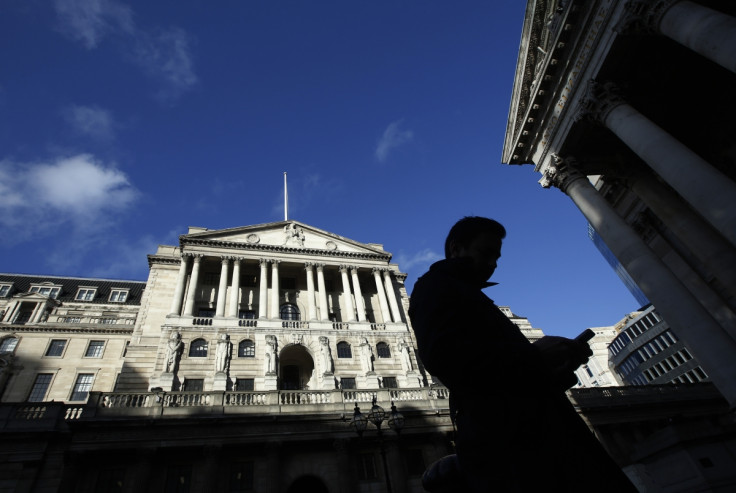UK Industry Warns Bank of England on 'Hasty' Interest Rates Hike

Export and investment activity among the UK's services and manufacturing firms slipped during the second quarter according to the British Chambers of Commerce, meaning the Bank of England must not make any "hasty decisions" on hiking interest rates.
BCC said in its quarterly economic survey of 7,000 firms that all of its export and investment balances - the difference between those reporting an increase and decrease in activity - were down on the opening three months of 2014.
However, all balances were above their pre-recession levels and pointed to slowing but strong economic growth in the three months to the end of June.
"While we never like to report even modest declines in our investment and export balances, these are unsurprising, as the economy jolted forward last quarter and has now settled into a period of more stable growth," said John Longworth, director general of the BCC.
"But we must still aim higher - great, long-term sustainable growth must be our ambition, and we should not settle for second best."
He said increasing bank lending to businesses by repairing the financial system "must be a top priority" because access to affordable credit means firms can invest in jobs and expansion.
Mark Carney, governor of the Bank of England, has said that interest rates may rise sooner than markets expect because the recovery is so strong, with 3% GDP growth anticipated in 2014. Most analysts were forecasting a mid-2015 increase in the base rate from its record-low 0.5%.
The base rate has been held down since 2009 in order to depress interest rates and keep credit cheap for businesses, supporting economic growth in the aftermath of the financial crisis.
But bank lending to firms has been weak for some time, even as the economic recovery strengthens.
Many banks are still risk-averse and whittling down their liabilities as they try to meet new regulatory requirements for the amount of protective capital they must hold against their lending.
These fresh regulations are to ensure that banks are buffered against any future financial crisis and do not need taxpayers to step in and bail them out again.
BCC's Longworth said an early hike in interest rates would add to the problem of firms struggling to find affordable credit.
"[BCC's] results reinforce the case against the Bank of England making any hasty decisions on raising interest rates in the very short-term," he said.
"By driving up the cost of credit for fast-growing firms, many of whom do not sit on the same healthy cash piles as their more established counterparts, early rate rises may mean more limited growth ambitions among the very firms we are counting on to drive the recovery.
"We must nurture the business confidence we are seeing at present by giving firms the security of working in a low interest rate environment for the foreseeable future - with eventual rises both moderate and predictable."
© Copyright IBTimes 2024. All rights reserved.






